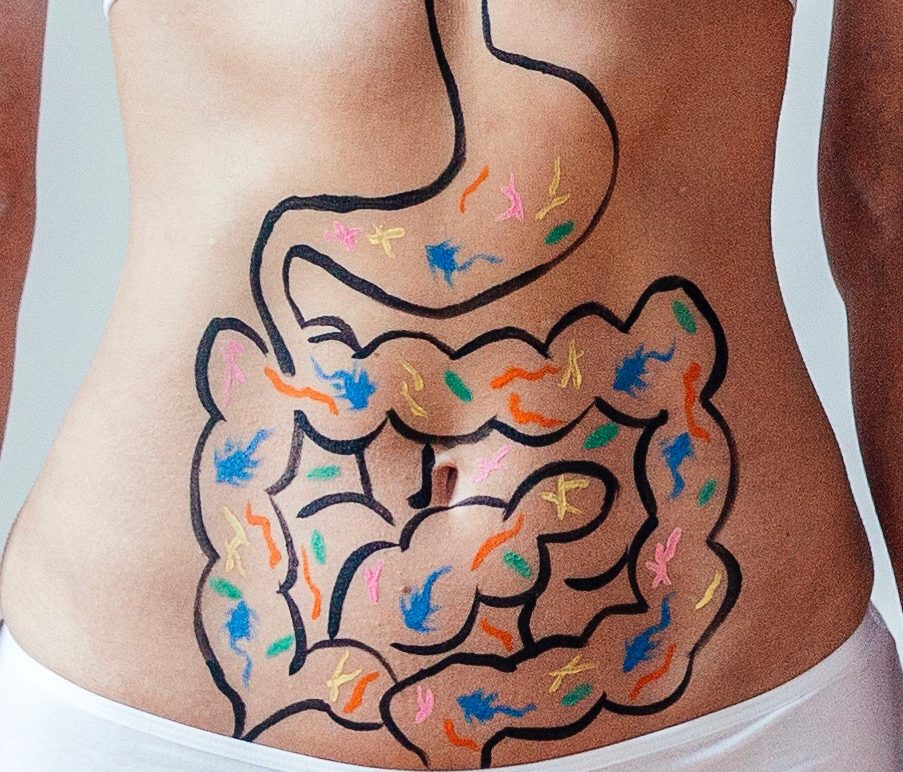Is the gluten-free diet right for you?
May is Celiac Awareness Month, and luckily for our clients, registered dietitian and FEED founder, Lara Field, is a celiac disease specialist with nearly a decade of experience guiding individuals through the gluten-free diet.

What is Celiac disease?
Celiac disease is an autoimmune disorder, mainly affecting the upper portion of the small intestine. When individuals with celiac disease consume gluten, a protein found in wheat, rye, barley or derivatives of these grains, the immune system attacks the small intestine, resulting in damage of the lining, and as a result, an inability to absorb nutrients. For many, this leads to malnutrition, regardless of how many nutrients are consumed. Celiac disease can present with over 300 symptoms, or for some, without any symptoms at all. Ultimately, those who suffer from celiac disease benefit from strictly adhering to a gluten-free diet in order to eliminate symptoms.
Should I follow a gluten-free diet?
Although “going gluten-free” has become more popular in recent years, the diet is not intended as a weight loss solution or fad diet. Instead, the gluten-free diet is medically necessary for those with celiac disease. Additionally, while the gluten-free diet is healthy for those with celiac disease, not all gluten-free foods are nutritious; it is still important to make sure gluten-free diets are balanced and nutrient dense.
Many gluten-free foods remove gluten, but also remove the natural nutrients found in whole wheat, including protein, fiber, iron, magnesium and B vitamins. As such, if only relying on processed gluten-free food, an individual may be missing several important nutrients. Further, consuming a diet full of refined grain is neither helpful for weight loss nor part of a healthy lifestyle.
Whole, fresh foods that are naturally gluten free, including fruits, vegetables, lean proteins and low-fat dairy, are essential components of a gluten-free diet. Choose high-fiber gluten-free grains including quinoa, brown rice, millet, or buckwheat. Overall, it is important to remember the gluten-free diet is not an easy switch and requires a great deal of planning and thoughtfulness. Working with a registered dietitian to help create a step-wise plan for introducing a gluten-free diet is always recommended.
Looking for additional advice? Contact Lara for questions or to schedule a gluten-free diet consultation.